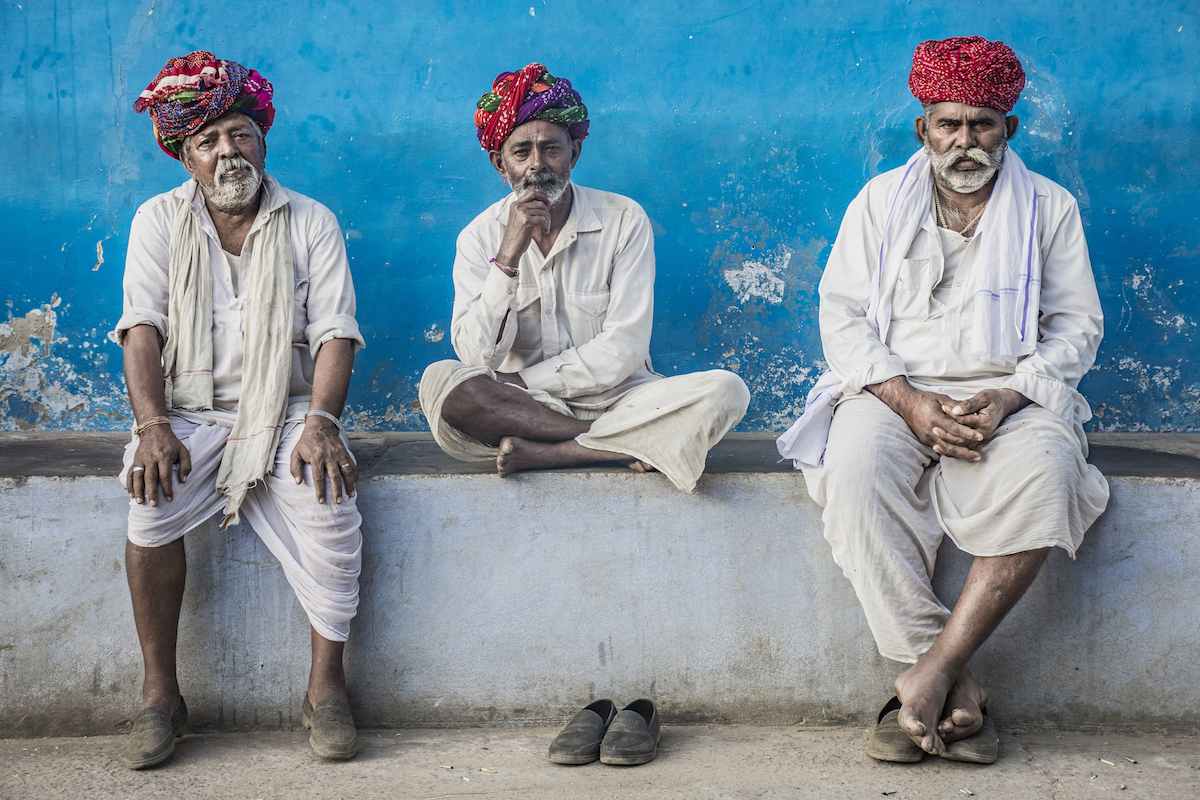As India navigates the complexities of modernisation and urbanisation, a troubling paradox has emerged. Despite a cultural foundation that venerates the elderly, a growing number of senior citizens are being abandoned by their families. This phenomenon, largely hidden from public view, is a stark betrayal of India’s deeply rooted values of familial duty and respect for elders. Traditionally, Indian society has revered the elderly, with multigenerational households serving as the norm. The expectation that children will care for their ageing parents is ingrained in both religious tenets and social customs. Yet, this once unshakable bond is fraying.
The reasons for this shift are manifold and complex. One significant factor is the economic pressure exerted by longer lifespans. Advances in healthcare have increased life expectancy, but they have also introduced new challenges. Elderly parents often require extensive medical care, which can strain the financial resources of children. The younger generation, already grappling with its own familial responsibilities and economic pressures, finds itself in a bind. This dilemma forces many to make difficult decisions between caring for their children or their ageing parents. Urbanisation and the migration of young people to cities in search of better opportunities exacerbate the issue. As the young move away from their homes, the traditional support structures weaken. The physical distance complicates caregiving and fosters a sense of disconnection. In the hustle and bustle of urban life, the elderly, left behind in rural areas or small towns, become isolated and neglected. Moreover, the creeping influence of Western values has begun to erode the tradition of multigenerational living.
Advertisement
Individualism and the pursuit of personal goals often take precedence over collective family responsibilities. Nursing homes and professional caregivers, once seen as taboo, are becoming more accepted as viable alternatives. While these institutions can provide necessary care, they also signify a departure from the familial bond that has historically underpinned Indian society. The result is a burgeoning population of abandoned elderly, a demographic that now calls the streets, hospitals, and temples home. Shelters offer a refuge, but they are merely a Band-aid on a gaping wound. They are filled with stories of heartbreak and betrayal, of parents discarded when they become too burdensome. The government’s response, including the Maintenance and Welfare of Parents and Senior Citizens Act, is a step in the right direction, but it is not enough.
Many elderly people are unaware of their rights, and even those who know are often reluctant to take legal action against their own children. The stigma and emotional turmoil associated with such actions are significant deterrents. Ultimately, how a society treats its most vulnerable members is a reflection of its values. The abandonment of the elderly is a silent crisis that undermines the moral fabric of Indian society. It is imperative that India rekindles its traditional respect for the elderly, ensuring they live their final years with dignity and love.











